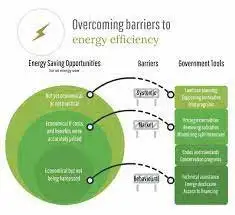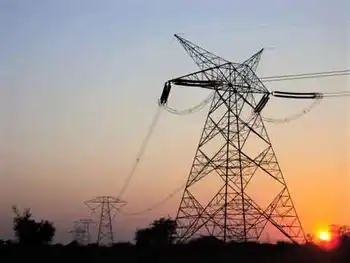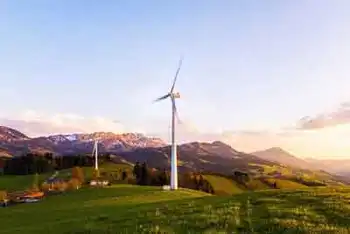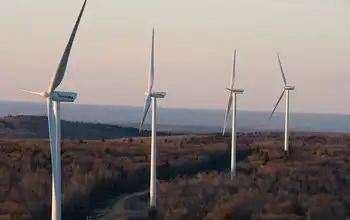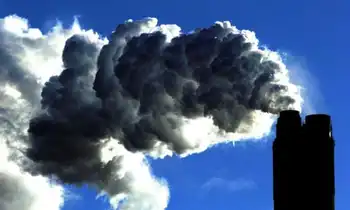Greenpeace blockades aging Spanish nuclear plant
By Reuters
CSA Z462 Arc Flash Training - Electrical Safety Essentials
Our customized live online or in‑person group training can be delivered to your staff at your location.

- Live Online
- 6 hours Instructor-led
- Group Training Available
The environmental group said 30 protesters were arrested outside Garona, the first of seven nuclear plants whose operating permits come up for renewal between 2009-11, within the mandate of the recently re-elected Socialist government.
Some of those arrested had chained themselves to the plant's gates and eight protesters were still inside a container which had been outside the entrance since dawn.
Greenpeace said Spain's booming renewable energy sector could easily replace the 500 megawatts of power produced by Garona.
Prime Minister Jose Luis Rodriguez Zapatero "would make a big mistake if he decides to turn his back on the anti-nuclear majority," a Greenpeace statement said.
Nuclear power is unpopular in Spain and both major parties running for last March's elections vowed to build no new plants. The victorious Socialists, however, have not ruled out extending the working lives of existing plants, which supply about 20 percent of Spain's electricity.
A spokesman for Garona's operators said workers had been able to enter the plant freely and it was working as normal.
"Demonstrations like this only detract from the arguments that want to be defended," a statement from the plant said.
Garona reaches the end of the 40-year working life it was designed for in 2011, so operators have asked the government for a special extension when the plant's current permit expires in July next year.
Spain's two largest utilities, Iberdrola and Endesa, jointly own Garona, which is on the Ebro valley, about 350 km (220 miles) north of Madrid in a mountainous region.
Spain's nuclear industry has drawn much attention since a radioactive leak at the Asco I plant came to light in April. The CSN nuclear watchdog ruled that the leak was improperly handled and the government has opened sanctions proceedings.
An additional spate of unscheduled halts over the summer, including a fire at the Vandellos II plant, prompted the CSN to tell plants in September that they would have to observe tighter safety procedures if their operating permits were to be renewed.
Spain is the world's third-biggest producer of wind power after a boom in renewable energy aimed at cutting greenhouse gas emissions and the country's dependence on imported fuel.
Wind parks in Spain have the capacity to produce more than twice as much power as nuclear plants, but in practice they generate about half as much as the wind does not blow steadily.





